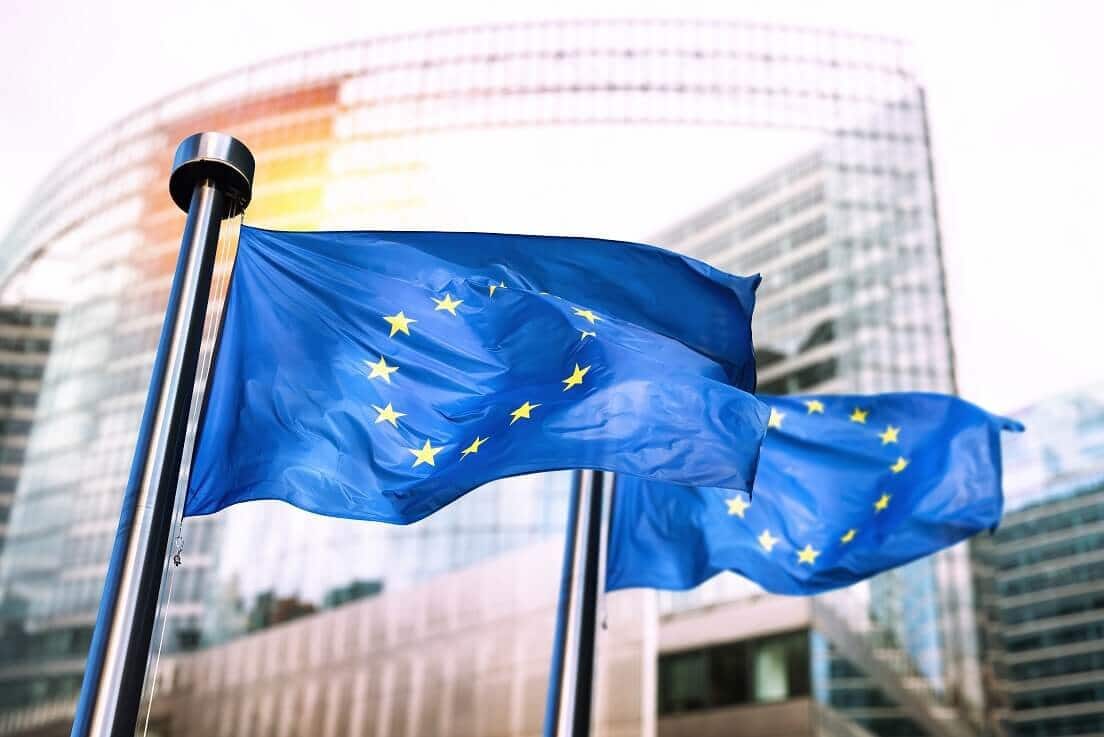The European Union (EU) plans to improve the administration processes in all member nations by deploying digital strategies, a new Commission paper reads.
A new EU report has placed the digitization of processes at the top of overhauling age-long bureaucracies as it aims to achieve modern and contemporary standards for public administration.
According to the release on Oct. 25, the EU adopted a guideline for effective networking, the Communication on Enhancing the European Administrative Space (ComPAct) which aims to modernize cross-country partnerships to solve problems in the continent.
“Public administrations need to adopt digital technologies while changing the way in which they operate.”
Blockchain technology has long been pushed by several experts and international organizations including the EU as a way to improve transparency in processes alongside other benefits such as cross-border payments.
The underlying technology behind cryptocurrencies provides a comprehensive regional and local public administration that will benefit citizens and aid “investments towards the green and digital transitions.”
The paper also highlights that a less bureaucratic and transparent method of administration hinged on digital technology will save citizens in its 27- -member states billions of euros annually.
“Today’s Communication also recognizes the pressures faced by public administrations caused by external shocks, difficulties to recruit and attract talent, and to build expertise on increasingly complex topics, such as the green and digital transitions.” the paper added.
It is important to note that the paper didn’t expressly mention the term blockchain technology but the EU has remained a major supporter of the technology as a digital solution.
Europe’s blockchain agenda
Europe is a major leader in terms of blockchain adoption with its regional bloc setting the pace for the global use of the technology.
The EU earmarked €11.2 billion for digital services in a wider €39 billion budget for a complete digital transmission agenda.
Setting a standard for implementation, the Commission mentioned certain points in its strategy including digital identity, data protection, interoperability, cyber security, and environmental protection.
“The European public sector is playing a trailblazing role in blockchain by building its own blockchain infrastructure. Over time, this will include interoperability with private sector platforms.”
The Union also described a standard legal regime as vital for the widespread adoption in many countries, occasioning the development of the Markets in Crypto Assets (MiCA) regulation.
EU Countries Officially Approve MiCA Crypto Regulation Rules – Here’s What You Need to Know 😍🚀
The EU states gave the final nod to the world’s first set of rules to regulate #crypto assets, known as the Markets in Crypto-Assets (MiCA) regulation.https://t.co/bRcrB1nBb0
— Cryptonews.com (@cryptonews) May 16, 2023
MiCA has hailed across many quarters the first landmark effort to global cryptocurrency regulation as it creates a uniform template around the issuance of crypto assets and licensing digital asset firms in the continent.
The Commission prides itself in key blockchain developments as it increased its funding in emerging technologies providing grants tailored to the distributed ledger technology.
